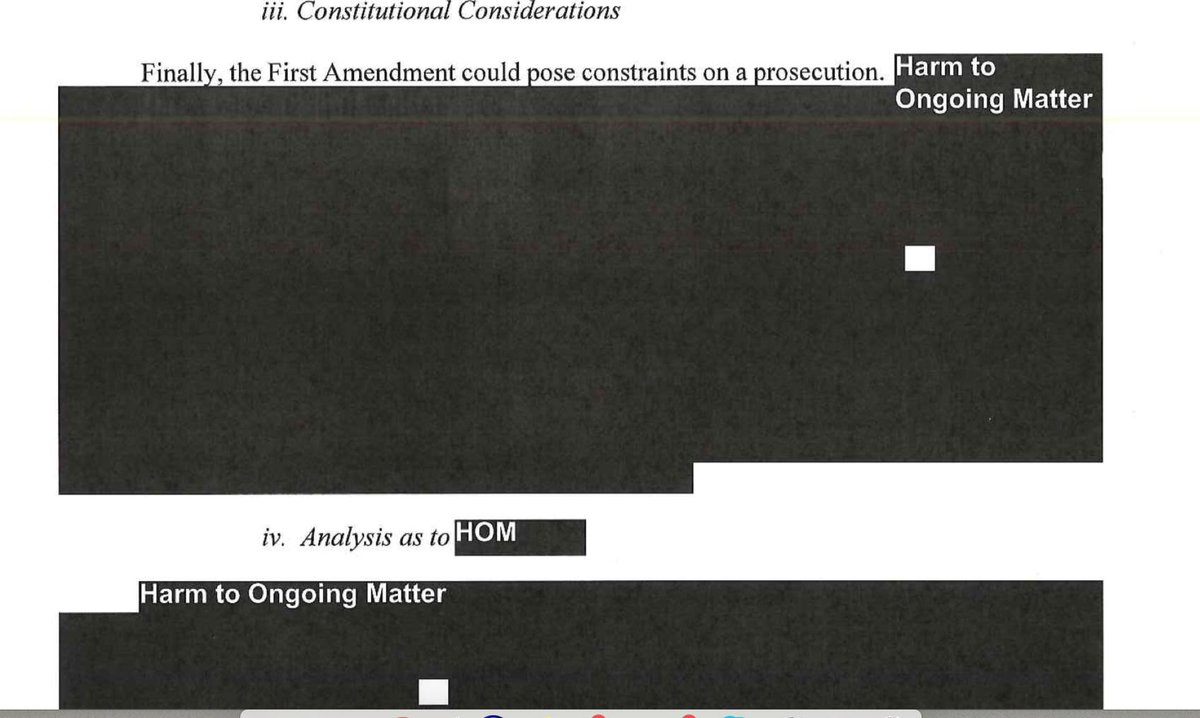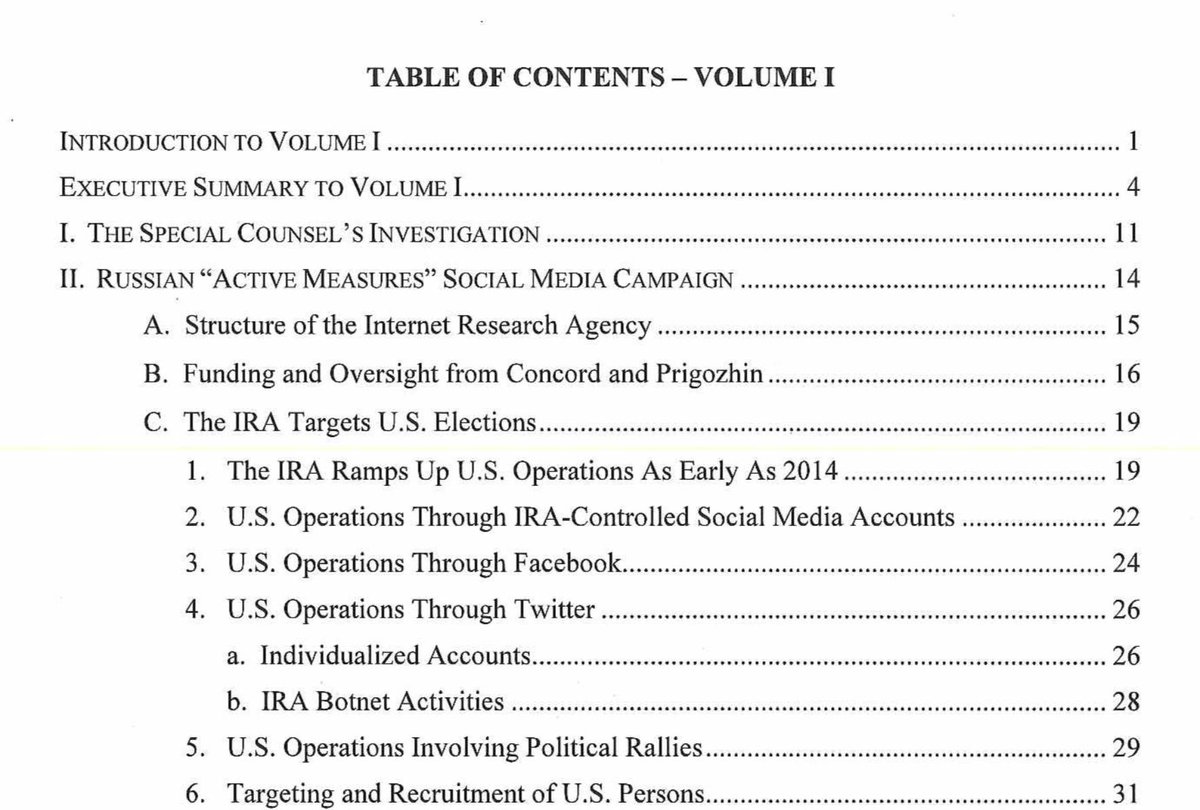I'll never see Times Square in quite the same way.
IRA people reached out to the Trump campaign requesting materials and signage, etc. The investigation did not find evidence that any of the campaign volunteers understood that these requests were coming from foreign nationals.
[PERMIT ME ONE ALL CAPS MOMENT TO SAY THAT I'M QUOTING A REPORT NOT ENDORSING THE COMMENT PLEASE DON'T EMAIL ME]
In my experience, attorneys typing "can't rule out" means something like "this happened, we just can't prove it."
- both were poorly vetted
- both substituted ambition for judgment
- both had the idea that their missions in life were to arrange high-level meetings between Trump and Russian government officials
So, the Campaign stopped engaging because the promised dirt was not provided.
Manafort had become a washed up and highly problematic consultant amongst the Ukrainian and Russian political set. He agreed to work on the Trump campaign for free to try to jump start his comeback and "monetize" his connections
(TFW Steve Bannon tells you you're being petty...)
(narrator: we see how that turned out)


















